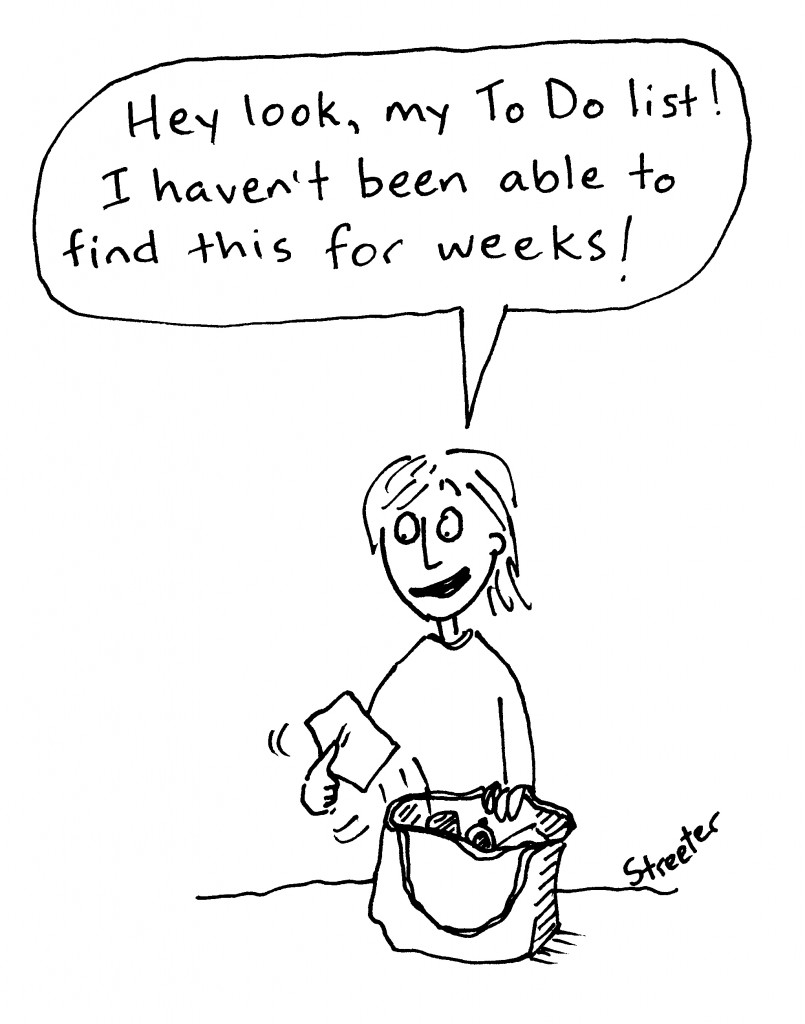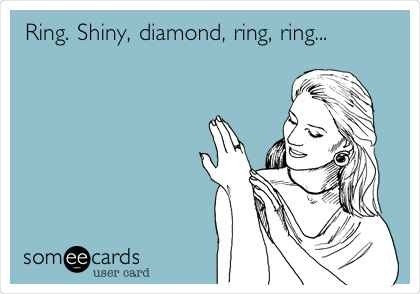Trick or… chocolate and memory!
Credit: Mars Chocolate, Hackettstown
Trick???? Or, Treat?????
Got chocolate on your minds today? Before you raid the candy bowl or your children’s haul for the evening, you may want to consider the following:
Halloween chocolate is not going to improve your memory.
I know! It was all over the news.
And, while it is true that study findings appearing last Sunday in the online edition of Nature Neuroscience demonstrated that dietary cocoa flavonals — natural compounds that are found in cocoa –reversed age-related memory decline in 37 people between the ages of 50 and 60, the media didn’t pain the entire story.
The findings…when the researchers administered brain imaging and memory tests to the volunteers given a drink containing 900 mg flavonals, they saw noticeable improvements in both the function of the region of the brain critical to memory (called the dentate gyrus) and in the ability to recognize and recall patterns. They explained that if a person had the memory of a 60-year-old at the beginning of the study, after three months, memory improved to that of a 30-year old.
Pretty cool!
However, here’s the rub: the product used in the study is not the same as commercially-available chocolate; in fact, cocoa flavonals are only found in very small amounts in average chocolate bars. To realize any similar benefits, you’d need to eat about seven dark chocolate bars or 100 grams of baking cocoa daily. And, the study authors say that the amount of flavonals vary depending on processing.
An alternative way to improve memory and dentate gyrus function, at least in younger people, is exercise.
So, the idea that Halloween candy will improve your memory is simply a trick. If you want this treat, you’ll need to look away from the candy bowl!
Read MoreGot menobrain?
Boy, oh boy, I sure do. Forgetful, unfocused, downright ditzy. Will an extra boost of estrogen help? Not according to newly published data in the Proceedings of the National Academy of Sciences. In fact, researchers are now starting to dispute the link between declining levels of estrogen and cognition. And this, my dear friends, blows the lid off the roof when it comes to HRT and its use in boosting our thinking.
In this study, researchers tested 643 women — roughly half of whom started menopause within six years and the others, who were more than ten years into menopause. They also measured hormone levels, i.e. estradiol (naturally circulating estrogen), progesterone, testosterone and a hormone that binds specifically to so-called sex hormones. And, when they conducted analyses for each hormone separately, they found no link between declines in levels of estradiol and cognition in either group. Nevertheless, levels of progesterone were associated with better verbal memory and overall cognition in the women who were six years into the ‘pause.
So, what’s it all about? First of all, years into menopause (which equates to years of estrogen decline) do not appear to make a difference in mental focus. Moreover, it appears that if you are heading toward the HRT train to improve your memory and sharpen your thinking, you may want to hop off the next stop before you run the risk of developing serious diseases; the bottom line is that HRT is not the panacea for sharpening thinking and lessening the hazy menobrain. Additionally, a topical progesterone cream might be just the ticket to a thinking cap that doesn’t slip off over time.
Mind you, this doesn’t mean that estrogen has no effect on the brain whatsoever; that information should be filed under ‘TBD.’ But, if you are thinking HRT and preservation of your precious thinking cap, you may want to think again.
Read More
Wednesday Bubble: This is your brain on menopause
Yup, it’s that old tell tale sign of middle age, overload and what else? Menopause? In a newly published online review, researchers report that between perimenopause and postmenopause, there are significant declines in executive function, that is, the way that the brain connects past experience with present action. Executive functioning allows people to plan, organize, strategize, recall details and manage time and space. Poor executive function means that some or all of these tasks may be difficult. However, it also affects working memory, that is, what we see in our ‘mind’s eye.’
In a review of four scientific trials conducted in almost 2,000 women, the findings were pretty stark:
Menopause is a period associated specifically with a decline in delayed verbal episodic memory, i.e., the ability to recall words and paragraphs and recall them after a delay, and a small decline in pheonemic verbal fluency, that is saying as many words that begin with a certain letter within a specified timeframe. However, there is a slight light in this tunnel; the researchers explain that these declines are modest, at best. However, even when they took into account factors like age, the results held.
None of this is surprising; I find that I rarely recall the reason I’ve come into a room or why I always forget an item at the grocery store. I find myself staring at web pages and wondering why I am there. And just yesterday, I came to the realization that I actually knew someone that I was trying to contact for work, after two days of trying.
Huh; go figure.
I’m not quite sure what to do with this loss of my brain power, other than to remind myself that I am in good company.
What about you; what did you forget today?
Read More
Wednesday Bubble: What? When? Memory and Menopause
This past weekend I was discussing the issue of my growing forgetfulness with a friend who, like me, appears to be losing her mind at times. Later that day, upon I landing at a local airport, I realized that I had forgotten where I parked my car only two days earlier. To add insult to injury? I had used a parking app so that I could remember. Only, it took a few minutes before I remembered that I had used the app.
Sound familiar?
Memory lapse is common among women as they transition from premenopause to perimenopause to full menopause, and even appears to cross boundaries and cultures. In the years that I’ve been writing Flashfree, I have run across data linking memory loss to stress, hormones and even a decline in gray brain matter. (If you would like to check out these posts, you can find them here.) Apparently, hot flashes have also been shown to be a significant predictor of so-called forgetfulness. In one study in particular, women were found to experience more memory problems and cognitive issues when they experienced more frequent hot flashes and sweats. Additionally the intensity of those flashes were directly correlated to how long memory issues lasted.
This probable link has been teased out recently in a small (68) pool of midlife women who reported having at least 35 hot flashes a week. Importantly, data were not only based on recall but also, on scientific measures of cognitive functioning (ability to remember words after both short and long delays), menopausal symptoms, sleep and positive and negative moods. With regard to memory in particular, the women were scored on how often they forgot, how serious a failing memory was in those situations, current memory in relation to earlier events in their lives (e.g. 5 years ago, 10 years ago) and the frequency with which they used or didn’t use memory aids. They were also asked to rate their current memory.
One of the most interesting findings was the validation that objective memory performance predicted the magnitude of subjective memory, i.e. the women had an accurate idea of how well or poorly their memory was functioning. What’s more, the higher the numbers of self-reported vasomotor symptoms, the more women recalled having issues in the past, which suggests that women with more vasomotor symptoms — more flashes and sweats — experienced cognitive issues longer than women with fewer symptoms. And, the greater the degree of negative mood — depression, anxiety, hostility — the higher the frequency of forgetting, again, confirming that complaints of memory loss during menopause is not, to coin a phrase, all in your head!
We still lack information on how the relationship between what we believe happens to our memory and what can be measured or confirmed changes as we age or across different menopausal stages. However, the data lend credence to claims that memory is changing during menopause, especially in terms of performance on tasks, and that our mood can influence how well we comprehend or judge the severity and seriousness of those lapses.
Feel like you are losing your mind at times? If you are in the throes of the ‘pause, this feeling may not be going away any time soon.
Read More
Self talk & memory
If you are at all like me, chances are that you talk to yourself. I credit this self talk to the fact that I work at home, alone in my office, save for a couple of cats, phone calls and the constant of my virtual connections. And while some may think that this constant chatter doesn’t serve much of a purpose, it appears that it might be the ticket to locating a particular object while also insuring that you actually remember what you are looking for!
In fact, this theory runs counter to commonly held beliefs that languasimply simply a tool for communicating ined.and does not affect thought or concepts. University of Wisconsin Researcher Gary Lupyan argues that language and words can change concepts and perception.
He and his colleagues came to this conclusion after running several experiments to learn if self-directed speech, i.e. repeating the name of an object being sought, would make the search faster and and more efficient. To achieve this, participants were asked find one or more objects, either by speaking the name of it (or them) before or during a search, or reading it’s name without speaking it out loud.
It’s interesting because what they learned was that if the target object was familiar and something that evoked an image when spoken aloud (like banana), then the search was easier.
But, if they were searching for a less or unfamiliar object, saying the name of it repeatedly did not appear to have much of an effect.
The researchers say that speech does affect search and in fact, activates a visual cue that stays top of mind when searching for something. However whether or not it affects how quickly an object can be found is yet to be determined.
Mind you, it’s nice to know that all my self chatter might help to put an end to the memory loss, entering rooms without a clue and even finding lost objects. And that maybe, just maybe, talking to myself is not so bad after all!
Read MoreBreathe in, Breathe out: Multitasking & Mindfulness Meditation
Got stress, a lack of focus, too much on your plate? Researchers from the University of Washington report that meditation, namely mindful meditation, can improve focus, benefit memory and reduce stress. What a concept, eh?
Mindfulness meditation is trained meditation. This particular study (reported in the May issue of Proceedings of Graphic Interface) used focused attention, which targets a person’s ability to voluntarily narrow or widen focus, place attention on the present moment, shift focus from one thing to another, and cultivate awareness of breathing and the body. While one group of workers participated in this type of activity, another were actively trained in progressive relaxation, whereby muscle groups are tensed and then relaxed, aided by mental imagery (e.g. “my arms are becoming heavy and warm) , an audio CD and weekly classes. Both of these groups then engaged in multitasking (e.g. scheduling a meeting, finding a conference room, writing an announcement, creating an agenda or eating and drinking). A third group waited 8 weeks, underwent multasking and then were trained in mindful meditation and retested.
The findings? People who were trained in and practiced mindfulness meditation reported lower stress levels during multitasking, were less negative and had less fatigue. Similarly, the group who received mindfulness training later in the study also reported reductions in their stress levels. What’s more, mindfulness meditation also appeared to improve focus (the participants shifted their attention less during a particular task) and memory.
The researchers attribute these benefits to the ability of mindfulness meditation training to help strengthen our ability to notice interruptions without necessarily stopping or diverting attention from the task at hand. Meditation has been associated with enhancing the ability to regular emotions; less stress translates into better recall. This particular domino effect is a win-win-win!
Obviously, more research is needed. But in the interim, it appears to mindfulness meditation may go well beyond hot flashes and attitude adjustments to multitasking, memory and stress reduction.
Om.
Read More











